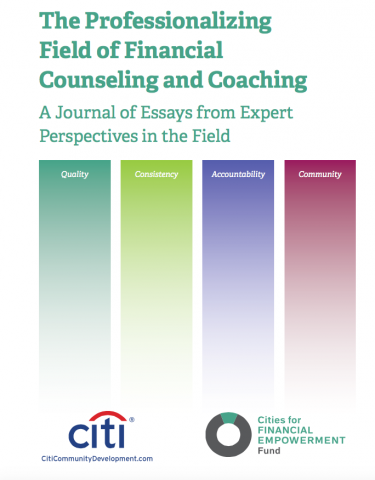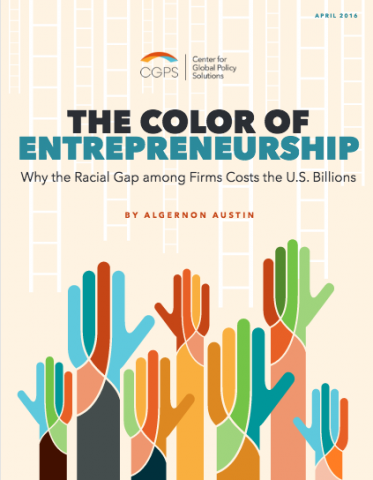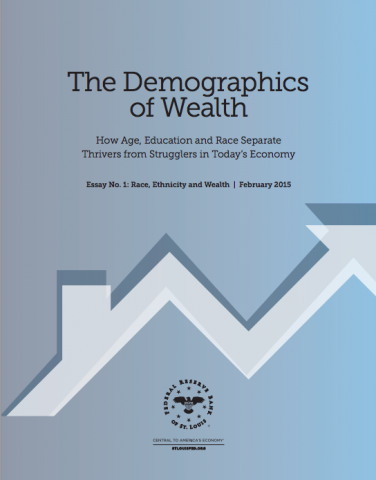This brief summarizes research into the theories underlying financial coaching and the effects of financial coaching on participant behaviors and outcomes. In practice, financial coaching remains an unregulated field, and individuals and organizations use the term “financial coaching” to refer to an array of interventions. This brief concentrates on coaching interventions that explicitly focus on working with clients to identify behavioral outcomes, set goals, brainstorm strategies, set concrete action plans, identify strengths and build motivation, and provide monitoring and accountability, all of which are features of a more theoretically-grounded coaching approach (Grant, Cavanagh, and Parker 2010). This brief includes literature gathered through searches encompassing briefs, reports, book chapters, academic articles, and other sources.




